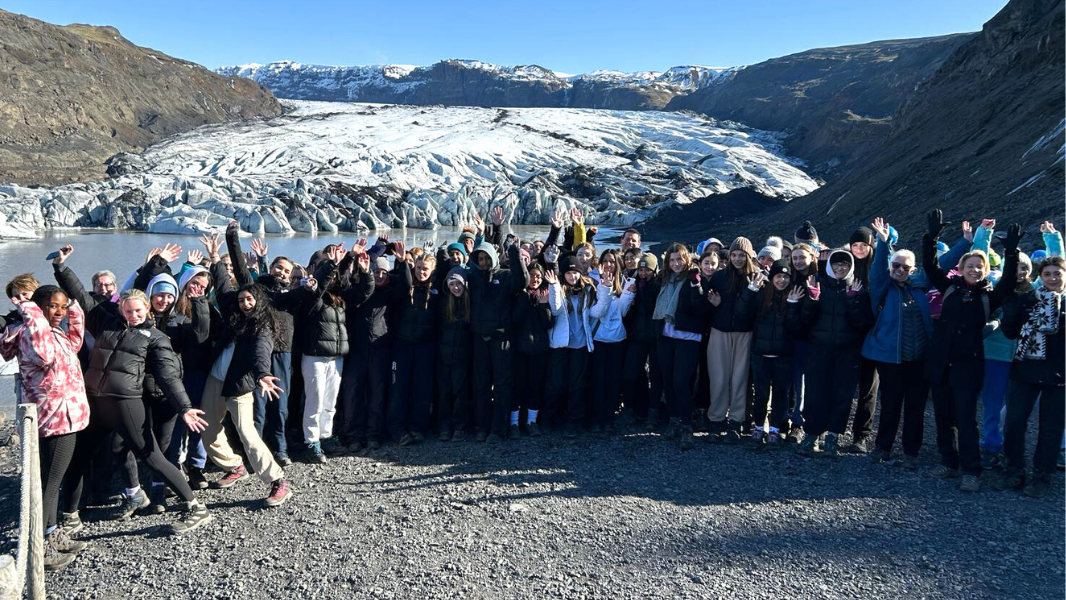Geography

The geography curriculum intent is to develop and extend knowledge and understanding of locations, places, environments and processes at all scales, from local to global. We want students to be intellectually curious, so they can play a part in making the world a better place to live, applying their knowledge to make positive choices about how they interact with the environment.
Our curriculum develops and extends student competence in a range of skills including fieldwork, the use of maps, researching information, as well as developing the ability to take investigative approaches to questions. We enable students to apply their geographical knowledge, understanding, skills and approaches appropriately and creatively to real world contexts.
Co-curricular enrichment
- Field trips to Iceland, Swanage and a two-day field trip to a field centre
- Two, one day field trips
- Careers in Humanities speaker event
KS3 (Year 7 – 9)
Students are taught in their tutor groups and have three lessons per fortnight. They study a wide range of physical and human geography on local, national and international scales. This knowledge is set within various contexts.
Year 7 – students use the continent of Africa and the country of New Zealand as a lens through which to focus a wide variety of concepts. Other topics in Year 7 are coasts, weather and climate.
Year 8 – students study a variety of concepts through the lens of South America as well as topics on population, cold environments and climate change.
Year 9 – students study the continent of Asia from a variety of angles whilst also exploring the topics of natural hazards and development. In the summer term, we begin delivering the GCSE content with a unit on ecosystems.
GCSE (Year 10 – 11)
Students are taught in mixed ability classes with five lessons per fortnight in Year 10 and four per fortnight in Year 11.
Students study the following units of work:
- The challenge of natural hazards
- The living world
- Physical landscapes in the UK
- Urban Issues and challenges
- The changing economic world
- The challenge of resource management
There are two, one-day fieldwork trips focusing on rivers and urban work. These enable students to collect data that can be used to support exam preparation and enable classroom learning to come alive. For more information on the GCSE course, download our GCSE Options Guide.
A-Level (Year 12 – 13)
Students study the following units, which are supported by a five-day field trip to Dorset and, should they wish, a trip to Iceland to explore the geysers and glaciers.
- Unit 1 Water and carbon cycles
- Unit 2 Coastal systems and landscapes
- Unit 3 Natural hazards
- Unit 4 Contemporary urban environment
- Unit 5 Changing places
- Unit 6 Global systems and global governance
For more information on the A-Level Geography course grade requirements, download a copy of the Sixth Form Prospectus and for more information on the course content, download a copy of the A-Level Options Guide.
